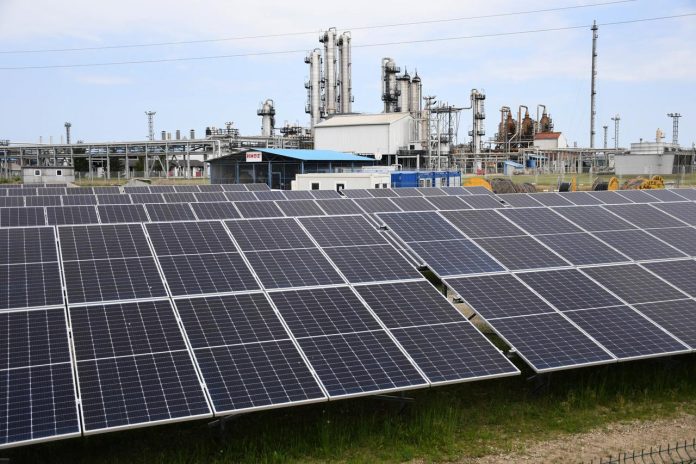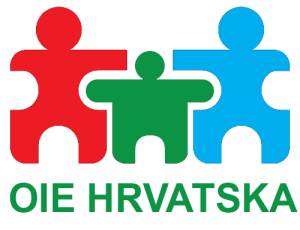The law obligates investors to obtain all necessary permits within seven or five years, a requirement they may now “miss”
There is enough electricity to supply approximately 390,000 households, but the power plants that would produce said electricity cannot operate because the state has been unable to make a single decision for nearly a year and a half. This is the essence of the story highlighted by the Renewable Energy Sources of Croatia (OIEH), from whom we learn that about 1300 MW of solar and wind farms have been stalled for the last three years, all due to the unknown cost of connecting to the electric power grid.
Because the cost is unknown, investors cannot initiate the process of creating the Elaborate of Optimal Technical Connection Solutions, nor can they obtain a connection contract, i.e., the Electroenergy Consent, which, according to the Spatial Planning Law, is a prerequisite for issuing location, construction, and all other permits for power plants. The law requires investors to obtain all of the above within seven or five years, a legal obligation they may now “miss” because the Croatian Energy Regulatory Agency (HERA) has not yet decided on the connection fee, although it was announced to be determined by the end of last year at the latest. According to the Electricity Market Law, as explained by RESC, the decision should have been made by September 30, 2022.
“The legal deadline has been exceeded by more than 500 days without any consequences for the responsible bodies, despite the damage incurred by investors in the form of potential loss of other permits. Even the new Methodology for determining the charge for connection to the electric power grid from 2022 has not come into effect because the respective decision has not been made, which is to be issued by HERA upon the proposal of the system operator, HOPS, and HEP-ODS,” say in RESC. As for the investors themselves, due to the failure to decide on the amount of the unit charge for connection to the grid, they cannot continue further development of projects, while the deadline for the construction of the plant is running, making it apparent that they will not be able to build power plants and obtain usage permits, i.e., they will not be able to deliver a valid location permit within three years from the date of enforceability of the energy approval because the entire process is blocked. OIEH explains and repeats that determining the fee, which has yet to be determined, is crucial according to the Methodology for determining the charge for connection to the electric power grid. The latest dates from July 2022, when Croatia abandoned the “deep” connection charge model, where investors, besides paying for the infrastructure needed for the connection to the network (from lines, cables, and other equipment), also paid for the costs of network reconstruction.
“According to the 2022 Methodology, a new model of connection charge, the so-called ‘shallow model,’ was implemented, in which investors are excluded from financing network enhancements, since such enhancements are essential for the entire transmission and distribution system and must be borne by the system operator,” RESC explains, adding that without new infrastructure, there will be no renewable energy power plants because the existing electric power grid cannot guarantee their connections. Therefore, infrastructure is urgently needed, specifically referring to the Konjsko-Melina transmission line, which, according to RESC, cannot be financed from the connection fee because it is important for the entire transmission system and should be financed with funds available from EU funds, network charges, and/or the budget of the Republic of Croatia.
“As the existing implementation framework does not have clear deadlines or connection costs, the adoption of the 2022 Methodology did not take into account ongoing projects that had signed connection agreements according to the ‘deep’ model. According to the 2017 Methodology, HOPS imposed the obligation to build the new 400 kV Konjsko-Melina transmission line as part of the connection fee. Since the cost of constructing the new transmission line was estimated at 280 million euros, investors found themselves in a situation of legal uncertainty,” states RESC.
Investors, more precisely, are interested in whether they now have the right to regress and how it should be realized since they co-finance the mentioned transmission line at 80 percent. OIEH has already appealed for the transitional and final provisions of the new Methodology to regulate the relationship between the 2017 and 2022 Methodologies and to prescribe how investors of already started projects to which the 2017 Methodology applies will realize their right to regress. As for the connection to the grid itself, they suggest a price of zero euros. Why?
“The end customer pays the total price of the product they consume. That is, the end customer receives on their bill a calculation of the energy price and network charge, which pays for the development and maintenance of the network so that electricity can be delivered to them. If only Croatian producers paid for network development, then all producers outside of Croatia, and Croatia still imports more than 30 percent of its electricity annually, would sell their energy to our customers without paying a share in network development, thus being more competitive for the amount our producers pay for network development. Therefore, it is not logical to import energy and bring producers from outside Croatia into a better position than domestic ones. It is in the interest of HOPS and Croatia to encourage domestic production of electrical energy by producers within the state,” explains RESC. And why the connection fee to the electric power grid has not yet been determined and when it is expected to be, we have asked HERA, HOPS, and the Ministry of Economy. The latter referred us to HERA, HOPS told us they had submitted the proposal to HERA within the legal deadline, and by the time of publication, we had not received a response from HERA.
Source: Mateja Šobak/Večernji list










